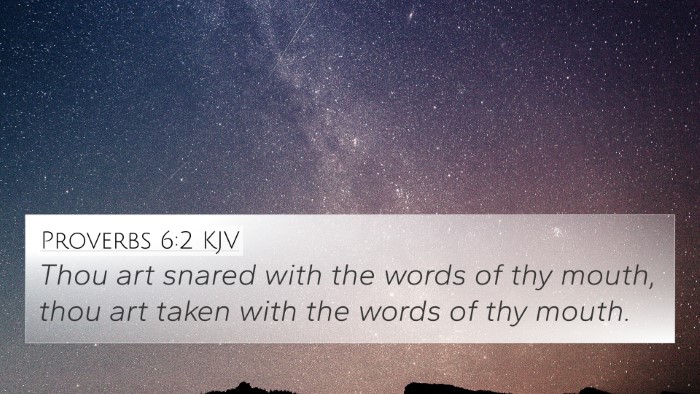Understanding Mark 6:23
In Mark 6:23, we read: "And he swore to her, 'Whatever you ask me, I will give you, up to half of my kingdom.' This verse captures a significant moment in the narrative of John the Baptist's beheading, illustrating themes of promise, authority, and the consequences of rash vows. Below, we summarize insights from various public domain commentaries to provide a deeper understanding of this passage.
Meaning and Context
This verse occurs in the context of King Herod's tension-filled banquet. The promise made by Herod to Salome, the daughter of Herodias, highlights the unpredictability and danger of his character. By pledging such a vast gift as half of his kingdom, Herod inadvertently places himself in a precarious situation, emphasizing the foolishness of his oath.
Matthew Henry highlights that Herod's vow, while extravagant, showcases the inner conflict he faced regarding John the Baptist, whom he admired yet permitted to be imprisoned and ultimately executed. Herod's willingness to promise extravagant gifts reflects his desire to impress those around him, but it also illustrates a grave moral failing as he was swayed by external pressures rather than his conscience.
Albert Barnes points out that this oath, while made in the moment, reveals Herod's character—he is influenced more by pride and the need to maintain his reputation than by ethical considerations. This serves as a cautionary tale about the dangers of making commitments without contemplation of their consequences.
Adam Clarke expands on this, suggesting that the extent of Herod's promise is indicative of royal arrogance and impulsiveness. Herod's half-kingdom offer not only signifies a deep misunderstanding of the value of his authority but also leads to tragic outcomes. His inability to retract the promise exemplifies how words, once spoken, can lead to dire ramifications regardless of intent.
Thematic Connections
This passage connects to several key themes and verses throughout the Bible:
- Vows and Promises: Ecclesiastes 5:2-5 warns against making rash vows, emphasizing the importance of thoughtful commitments.
- Authority and Accountability: Romans 13:1 reminds us that all authority comes from God, and leaders are accountable for their actions.
- The Consequences of Influence: James 3:1 warns that teachers will be judged more strictly, reflecting the weight of influence Herod wielded.
- The Danger of Pride: Proverbs 16:18 states, "Pride goes before destruction, and a haughty spirit before a fall," echoing the fate that awaits those who act out of arrogance.
- Public Image Over Integrity: Matthew 23:27 speaks of the hypocrisy of appearances versus the reality of one’s character.
- Fear and Manipulation: 1 Samuel 15:24 discusses the fear of man leading to disobedience, paralleling Herod's fear of losing favor.
- Moral Compromise: Revelation 2:14 warns against stumbling blocks to others, akin to Herod's compromise with His wife over John's fate.
Cross-Referencing Biblical Texts
This verse can be cross-referenced in various ways, contributing to a broader understanding of its implications:
- Mark 6:26: Herod’s regret after realizing the implications of his vow.
- Matthew 14:6-11: A parallel account of the events leading to John the Baptist's execution.
- Luke 9:9: Herod’s curiosity about Jesus as a reflection of his conflicted character.
- 2 Samuel 14:11: References to oaths made by kings, drawing a historical parallel.
- Proverbs 20:25: Warning about making promises to God without understanding the weight of such pledges.
- Romans 3:4: A reminder that God is true even when humanity fails in their promises.
- 1 Peter 5:5: Encouragement on humility, contrasting with Herod’s pride.
Lessons from Mark 6:23
This passage teaches important lessons in spiritual discernment and the seriousness of our words. It illustrates how the desire to impress others can lead us into commitments that compromise our integrity and faith. Furthermore, it prompts us to consider the weight of our actions as leaders or influencers in various capacities, urging us toward humility and caution.
Conclusion
Mark 6:23 is a profound example of the consequences of impulsivity and the dangers inherent in power dynamics. By engaging with various commentaries and exploring cross-references, we gain a richer understanding of the biblical narrative and are encouraged to reflect on our own commitments in light of God’s word. Let us remember the importance of thoughtful speech and the necessity of aligning our promises with our values and faith.











